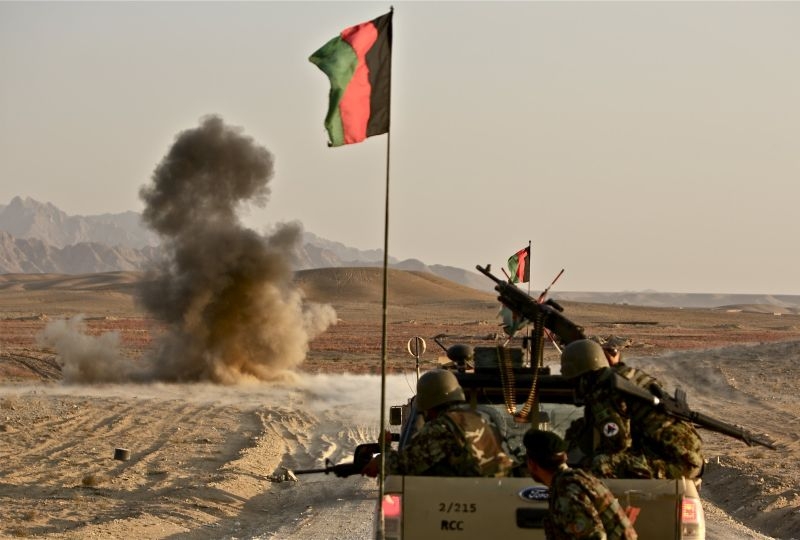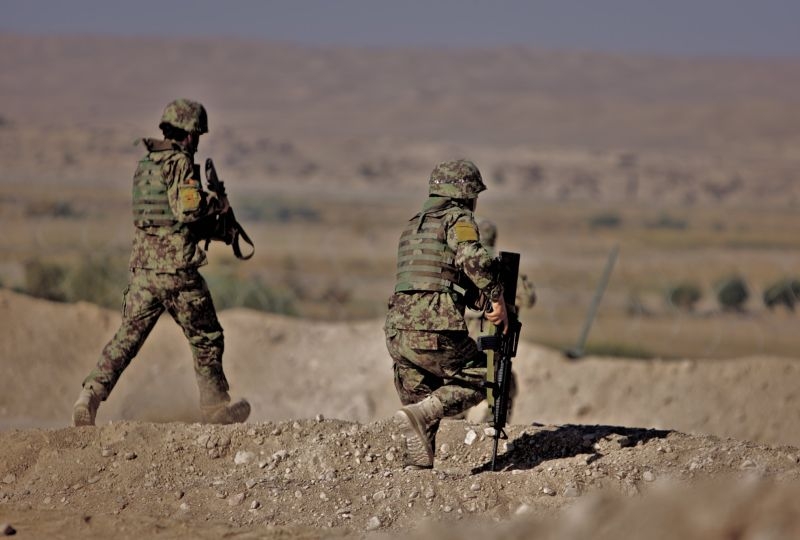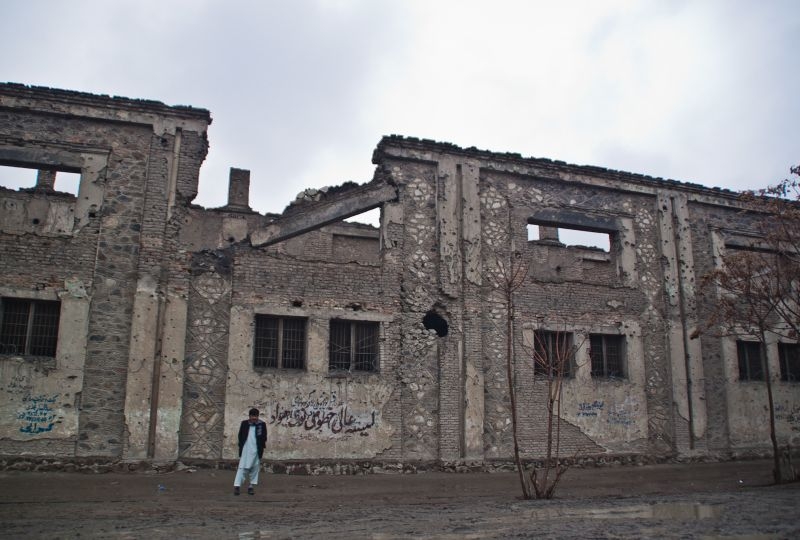On 14 February 2018, following a particularly intense wave of violence between the Taliban and governmental forces, the Taliban published an open letter where it expressed the intention to negotiate with the government. On 28 February, Afghan President Ghani affirmed that he was ready to start peace talks, keeping open the possibility to recognize the Taliban as a legitimate political party and to grant amnesty to fighters.
Our RULAC online portal provides detailed information about the ongoing negotiations that have taken place since 2018 between the Taliban and the US government, as well as between the Taliban and the Afghan government.
These negotiations led to an agreement on 12 September 2020 between representatives of the Taliban and of the Afghan government to start peace talks to put an end to the 19 years-long conflict.
Nevertheless, this decision does not imply that the NIAC between the Afghan government – supported by the United States – and the Taliban is over. In addition, it does not affect the NIAC between the Afghan government and the IS-KP, as well as between this group and the Taliban.
‘To determine the end of a NIAC, the start of peace talks and even the conclusion of a peace agreement are not enough. Indeed, armed confrontations can continue during the talks – as it is the case here – and even beyond the signing of the agreement and IHL continues to apply to these instances of violence. Instead, an armed conflict ends whenever armed confrontations have ceased and there is no concrete risk that they will resume’ explains Dr Chiara Redaelli, Research Fellow at the Geneva Academy.
‘Therefore, although these peace talks are landmark and hopefully will determine the end of hostilities, it is too early to conclude that the NIAC between the government of Afghanistan and the Taliban is over’, she adds.









